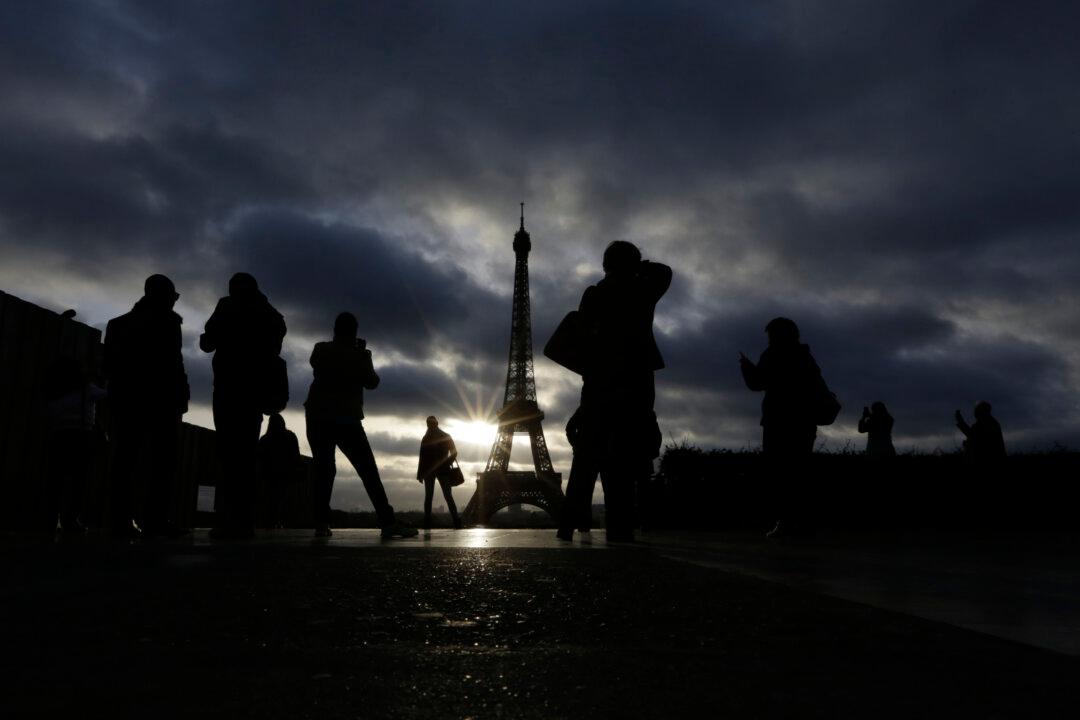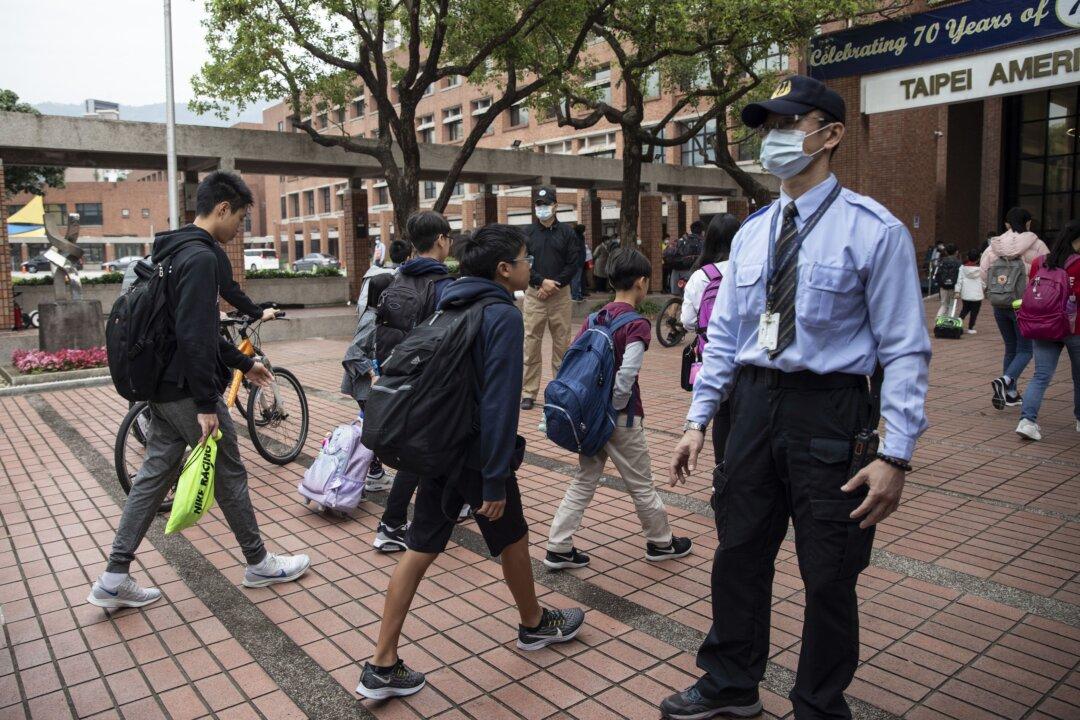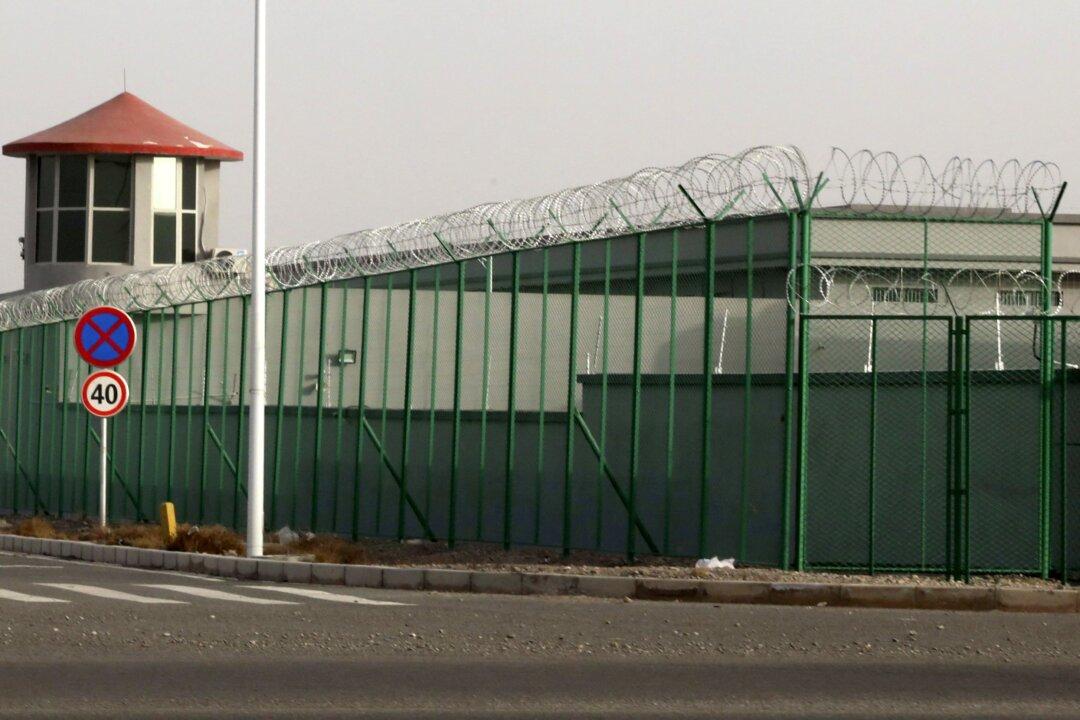The recent events in Paris demonstrate again that contemporary terrorism remains a global threat. The deliberate slaughter of 130 innocent victims there is at least providing indications of becoming the catalyst that will effectively unite enough world governments to defeat “Daesh” (also known as Islamic State, or ISIS).
Purporting bizarrely to act in the name of Sunni Muslims, ISIS has in the few years since it emerged accumulated a horrific record of violence.
In Iraq alone, according to a U.N. report, the ISIS conflict killed almost 15,000 civilians and wounded 30,000 others during an 18-month period. More than 2.8 million Iraqis are today displaced within their country, including 1.3 million children. Some ISIS violence across Iraq appears to amount to crimes against humanity and probably genocide.





